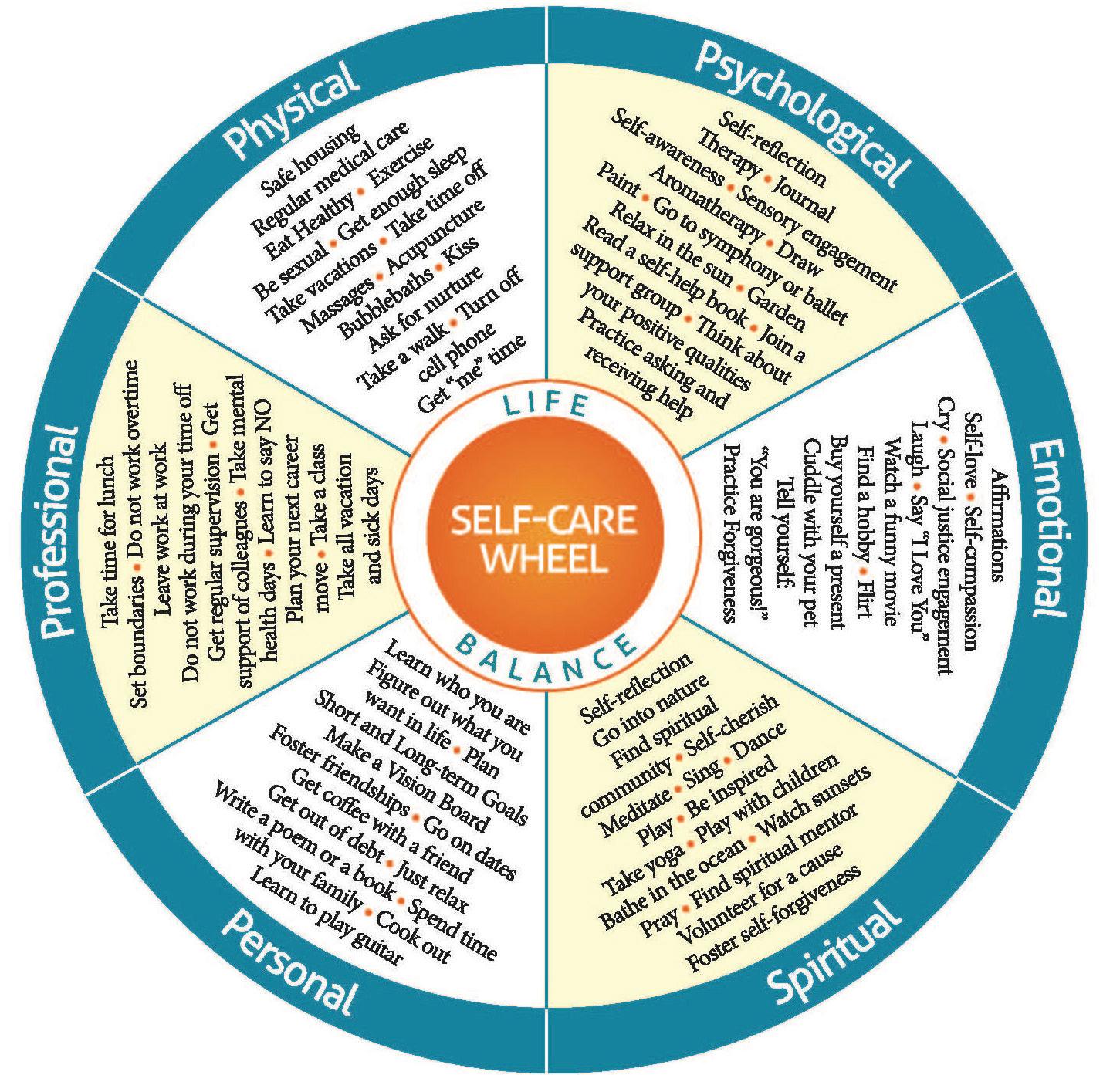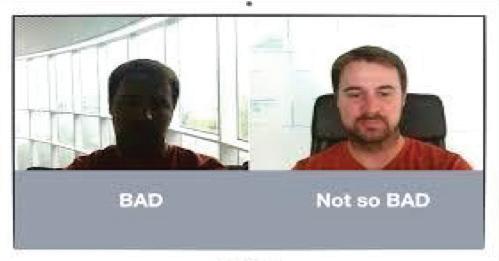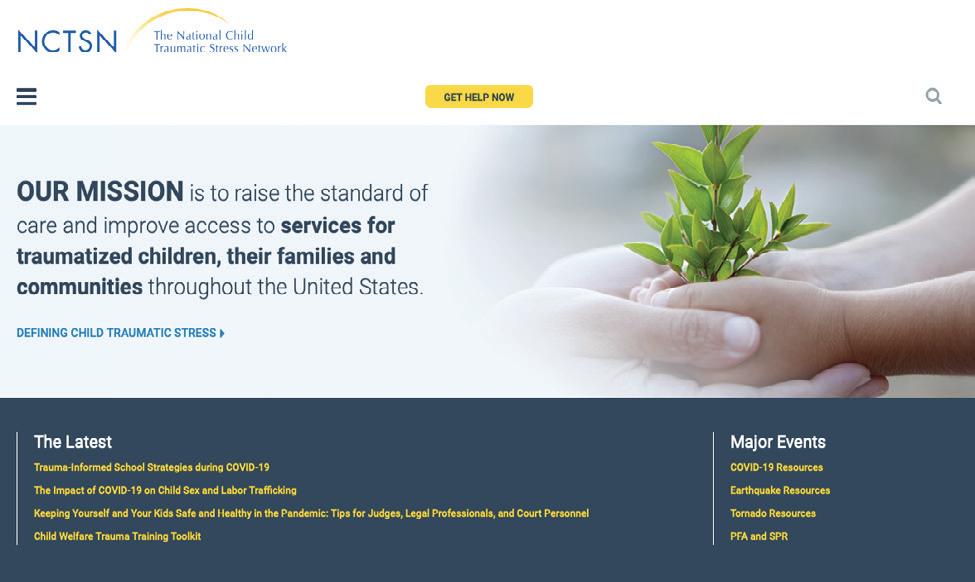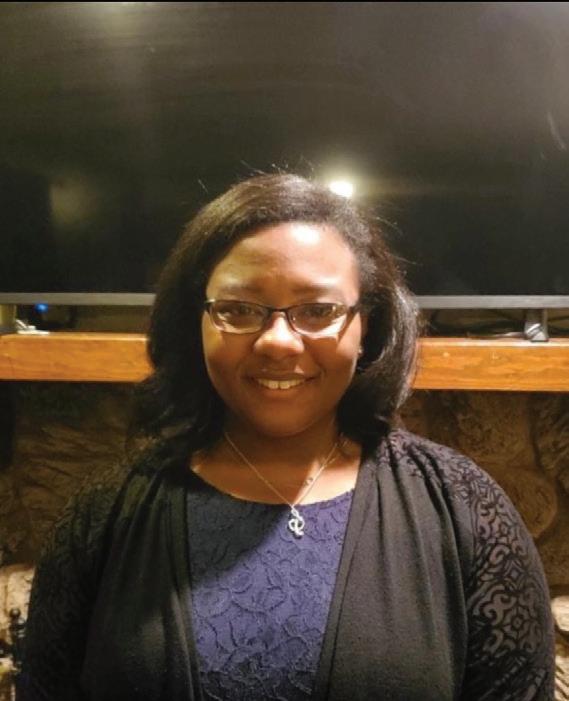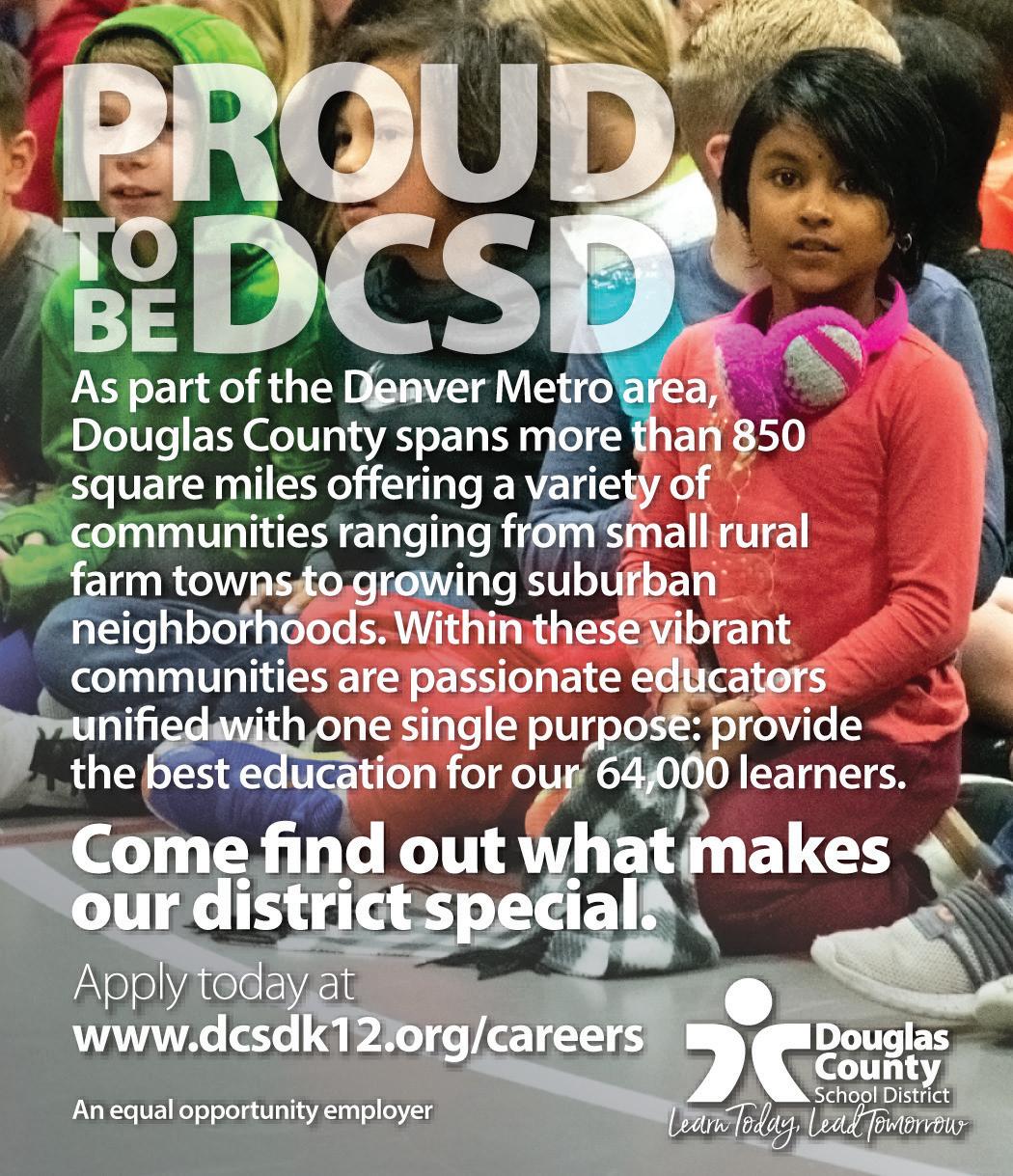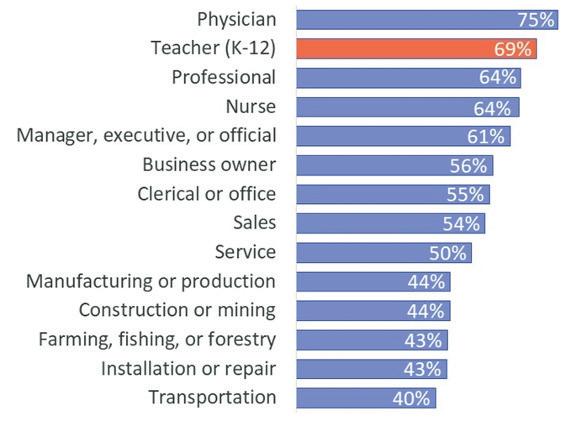Job Search Handbook Editorial Committee
H
ave you heard conflicting feedback about the length of a new teacher’s resume? So have we. The truth is that some administrators prefer a one-page resume while others like a two-page resume. And there are still other administrators who do not mind a well-written resume that is longer than two pages.
The length of your resume is not as important as the content you provide. Your resume must be specific to you and your experiences and not a page or two of general lists and generic statements. Are you frustrated because we haven’t provided you a definite answer? Then try this. Write your resume without regard to length. Edit this draft to eliminate unnecessary information. Remember, a resume captures the highlights of your qualifications to be an educator; it is not an autobiography of everything you have done. After editing, if the result is a two-page resume, keep this version, but also do some more editing to create a one-page resume in case you learn that administrators you will be contacting prefer a one-pager.
What is the most valuable information you can put on your resume?
How to Create a Stand-Out One-Page Resume Dr. Dawn S. Jones Senior Assistant Director (retired), Career Services, Northern Illinois University
K
eep your resume to one page. We’ve been hearing this from many districts recruiting our teachers. In a market with an abundance of applicants, administrators need to be able to sort quickly through hundreds of resumes. In response, we have been struggling to create good one-page resume examples for each of our teaching areas. This has been hard. Educators’ resumes include student teaching, clinical experiences, observations, and valuable related experiences. For a long time, “more” was equated with “better.” The reality is that teaching resumes contain a lot of information that can be eliminated. But where do you start? How can you create a brief, yet meaningful, document to market your skills effectively? Here are a few suggestions: ü
Focus on the essentials. List all your accomplishments in each of your experiences, then go back and cross out anything that’s repetitious. If you’ve established a skill in one position description, don’t mention it in other descriptions.
ü
Remove anything commonly expected of all student teachers. Readers will know that you “collaborated with your cooperating teacher to plan units and lessons.” Emphasize what makes you unique. Talk about the accomplishments that separate you from others, not those that are routine.
ü
Stress specific accomplishments and concrete outcomes. Think: “how,” “what,” “where,” and “with what results?” Example: replace “Developed excellent classroom management techniques” with “Managed students’ behavior through focusing, modeling, and assertive discipline.”
ü
Use keywords. Not only will these draw the attention of the reader, but they will also be beneficial if your resume is scanned. Consider: special populations; mentoring; testing/ assessment; classroom management strategies; methods of scaffolding/differentiating, reaching diverse learning styles, and promoting lifelong learning; specialized curricula, methods, and programs. You can do a simple internet search to locate keyword lists.
ü
Bullet content, and keep bullets as brief and concise as possible. Remove empty words, such as “various” and “numerous.”
ü
Choose only one verb for each bullet. Avoid the “planned and implemented” trap.
ü
What about the extras? List, but don’t describe, understood jobs (cashier at Bob’s Grocery). Omit very old experiences and those without transferable skills. Skip the mundane hobbies. Do list honors and current professional memberships/ activities (noting any office held).
Resumes, Cover Letters, References, and Applications
Your Resume: One Page or Two?
Need help trimming your resume? Visit your Career Services office or ask your principal for assistance. I’ve seen highlyeffective one-page resumes. It can be done.
31 American Association for Employment in Education




